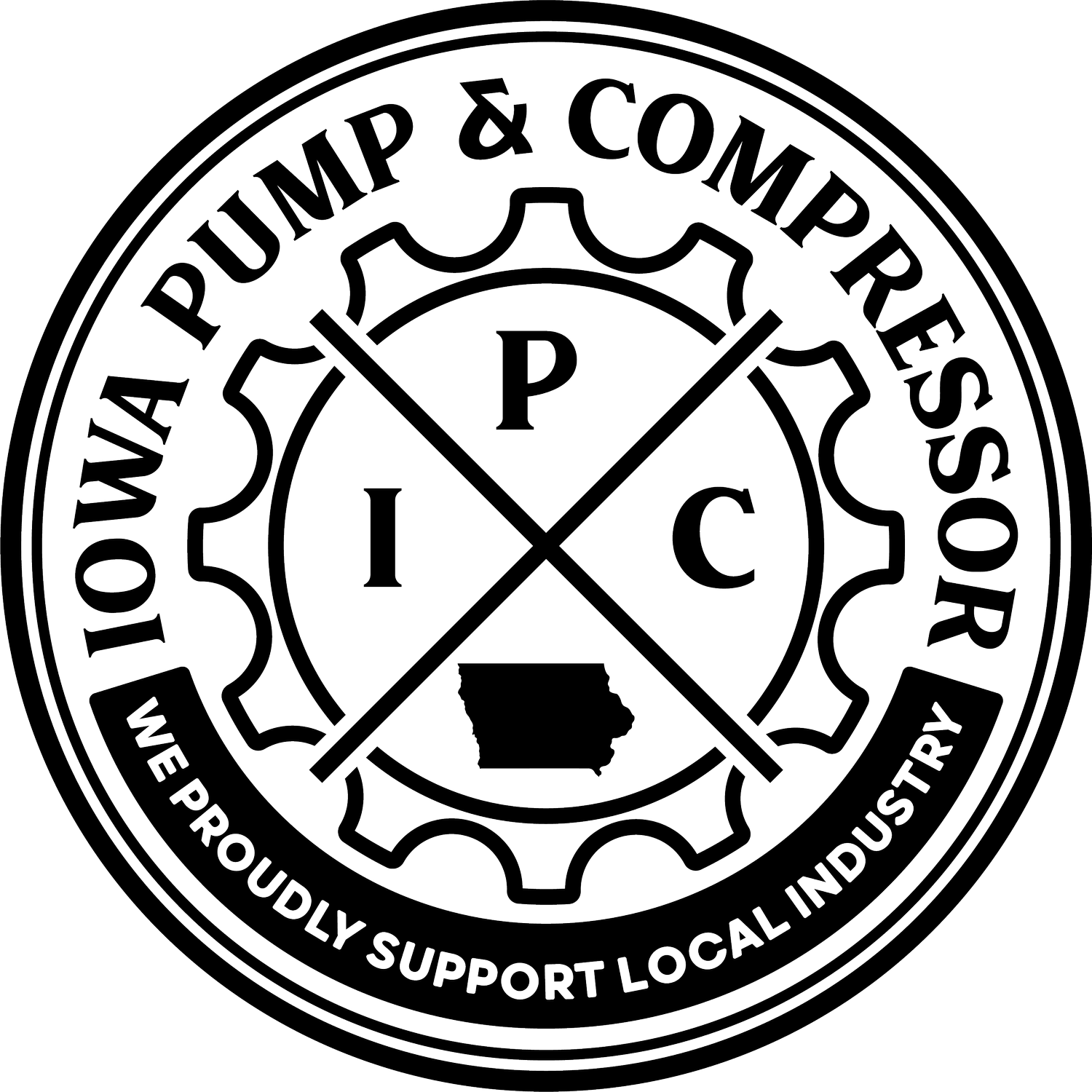
Why Transair?
Advantages of Aluminum Compressed Air Piping
Compressed air distribution piping is the means for transporting compressed air and linking the compressor room (supply & storage) to the point of use. Furthermore, proper generation and usage of compressed air represents one of the largest opportunities for immediate energy savings. A properly designed compressed air system typically saves a plant 20 to 50% of its electric bill, sometimes even up to 60% within 24 months.
In recent years, aluminum compressed air piping systems have risen in popularity, particularly due to several factors:
• Modularity
• Quick Installation
• Aestheticism
Aluminum also has a low friction coefficient, providing the best possible laminar flow. Full-bore fittings further minimize pressure drop for optimum flow and energy efficiency. Leak-free connectors prevent air loss and wasted energy.
Aluminum is ideal for installations requiring the highest quality air. Aluminum material will not rust or corrode, and has no rough surfaces or interior restrictions that accumulate contaminants. The smooth interior with full-bore design allows air to flow to your dryers and filters for efficient removal ensuring higher longevity of equipment.
Disadvantages of Traditional Compressed Air Piping
The compressed air piping industry has long been dominated by traditional materials including steel, stainless steel, copper, and black iron. While these types are very familiar and widely used, they present a number of disadvantages:
Copper
Labor intensive
Danger from flames and fumes when welding
Air leaks
Stainless Steel
Bulky and heavy tools
Weight of larger pipes
Non-versatile system
Steel
Special tools required
Required experienced labor
Susceptible to corrosion
High-pressure drop/air leaks
Black Iron
Very heavy and difficult to install
Susceptible to corrosion and air leaks
Experienced fitters only
Difficult to modify
Costly to repair
Certifications
Transair meets the requirements of several industry certifications and guarantees, ensuring the highest level of safety and quality. Transair conforms to the following certifications (Note: the certifications with Stainless Only, are only applicable to the stainless steel range):
Parker Hannifin Certifications
10 year Warranty on Transair components (covers manufacturing defects)
1 year warranty on TCM sensors & equipment
Oil Free (Transair will not contaminate the fluid conveyed with grease or oil)
Silicone Free
ASME Certifications
B31.1 / B31.3
CE Conformity
European Standard 97/23 CEE - §3.3 (equipment under pressure)
Environmental Certifications
LEED (Leadership in Energy and Environmental Design) certification credits
REACh
RoHS
FDA Certificates
CFR 21 (Transair 316L drops conform to requirements)
ISO Certifications
9001 version 2008
8573 (Transair will not introduce further contaminates than what leaves the compressor room)
Piping Certifications
Qualicoat certified coating on all Aluminum pipes
Powder coating is classified MO
Safety Certifications
Non-Flammable with no propagation of flame
UL94HB Standard (connectors & valves)
UL94V-2 standard (fixture accessories)
ISO 8030 / EN 12115 norm (flexible hose)
TUV Rheinland
